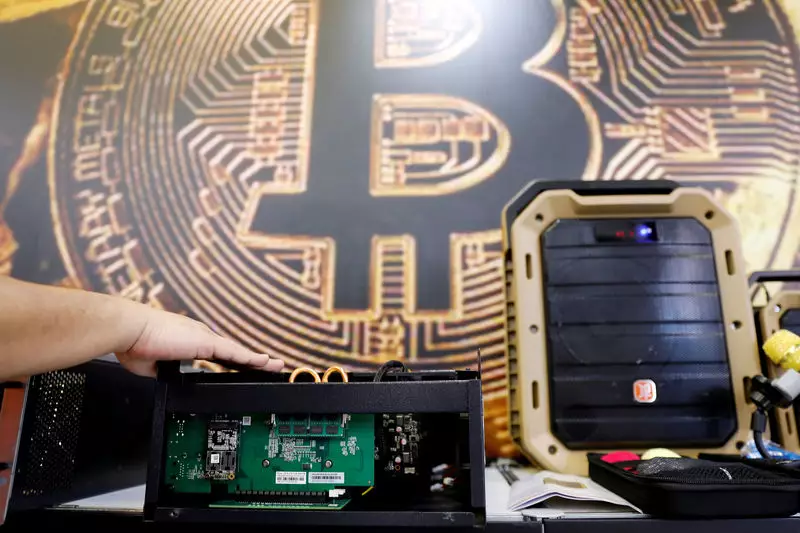The idea of the United States adopting a Bitcoin Standard raises many eyebrows and ignites a wealth of debate. Ki Young Ju, founder and CEO of CryptoQuant, recently expressed his skepticism regarding this potential shift. His insights are significant as they delve into broader economic sentiments, historical comparisons, and ideological transitions. Ju’s analysis highlights that such a monumental change would likely require an extraordinary catalyst, a situation where the U.S. faces a substantial threat to its established global economic hegemony.
In examining Ju’s perspective, it is crucial to reference historical precedents. The late 1990s saw a passionate group of proponents advocating the return of the gold standard, pushing for it during times of economic uncertainty. Historically, gold has rallied during periods when the U.S. sensed jeopardy to its economic standing. Ju cleverly draws parallels between gold and Bitcoin, noting that Bitcoin is increasingly echoing the historical role of gold in economic discourse. Present-day Bitcoin maximalists champion its adoption similarly to how gold proponents rallied in previous decades.
However, the context is essential. The economic crises of the late 90s were ripe for a return to traditional assets like gold, due to the volatility and uncertainty of that era. Presently, while Bitcoin enthusiasts fervently campaign for its legitimization as a strategic asset, circumstances differ significantly. Ju emphasizes that the likelihood of Bitcoin earning governmental endorsement is contingent on acute economic pressures not currently on the horizon.
Ju’s acceptance of the Bitcoin Standard as an intriguing concept is balanced by a pragmatic understanding of the current economic environment. He acknowledges that, in theory, the U.S. may begin acquiring Bitcoin to bolster financial security. However, the potential motivations behind such actions are likely to differ from the aspirations of Bitcoin advocates. Instead of embracing Bitcoin for ideological reasons, the government may explore it as a hedge against unforeseen economic shifts or geopolitical crises.
This foundational difference illustrates an essential disconnect between Bitcoin enthusiasts and governmental pragmatism. While supporters dream of a transformative adoption of Bitcoin, they may overlook the realities of political and economic decision-making processes that govern such matters.
Ju articulates a thoughtful skepticism towards the notion of the U.S. adopting a Bitcoin Standard in the near future. While there may be specific conditions under which Bitcoin could serve as a tool of economic strategy, the prevailing atmosphere does not suggest an imminent shift. It is vital for advocates to remain grounded in empirical realities and past economic behaviors. Moreover, as Ju indicates, if a tipping point arises, it is unlikely to stem from an ideological alignment with Bitcoin, but rather from strategic imperatives that reflect the complexities of national and global economies. The dream of a Bitcoin Standard may be compelling, yet it stands on shaky grounds when scrutinized under the weight of economic history and present conditions.

